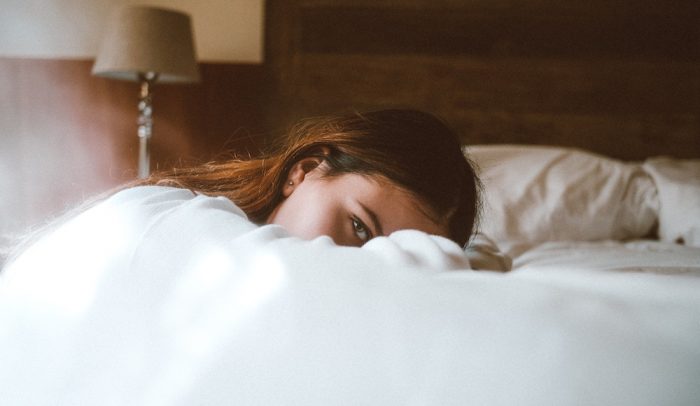Elephant’s Continually-updating Coronavirus Diary. ~ Waylon
~
We’re all becoming more conscious of our habits in this time of pandemic:
How often am I touching my face? How well am I washing my hands? How conscious am I being about wearing a mask or staying physically distanced from others?
In these difficult times, being conscious of our habits related to the safety and well-being of ourselves and others can make the difference between sickness and health—and even between life and death.
The truth, though, is that our habits even in “normal” life make a great difference—between living fully and joyfully in the present or living on autopilot, believing we don’t have much choice over our habitual behaviors.
Just as we can develop the habit of washing our hands thoroughly and limiting the number of times we touch our face, we can train our minds to eat or drink more consciously, spend less time on our electronic devices, and be kinder to ourselves and others.
Awareness is the key.
When we consciously bring awareness to the habits that don’t help us and may cause us harm—and to those habits we might like to develop—we can choose a more helpful and healthy response. These wiser choices lead to a more balanced and freer life.
The reason habits can feel so sticky is that once a behavior has been repeated often enough, it becomes automatic and unconscious. It’s under the control of the more ancient part of our brain that is focused on the immediate responses needed to help us survive. And when our good intentions—which are under the control of the more advanced, and slower acting, part of our brain—come up against entrenched habitual behaviors, the habits tend to win out (see: New Year’s resolutions).
Mindfulness—conscious, non-judging awareness of our moment-to-moment experience—empowers us to make unconscious and automatic processes conscious and, thus, amenable to change.
Let’s take a practical look at a habit that is present for many of us—and almost half the population of the United States—in this time of Coronavirus: the habit of worry and anxiety about how this emergency will affect us, our loved ones, our fellow citizens, and our world.
At a time when the peak of COVID-19 cases has not been reached—when thousands are dying each day, tens of thousands are sick, a vaccine may still be a year or more away, and more than 16 million people filed for unemployment in just three weeks in late spring 2020—we can say objectively that this is an anxiety-provoking situation.
In a situation this serious and unprecedented, it is natural for us to experience fear, anxiety, uncertainty, and other strong emotions and reactions. We go into fight-or-flight mode as we prepare to respond—this “survival response” helped our ancestors stay alive and pass on their genes for millions of years.
But it’s what happens next that determines our well-being or our suffering.
If we meet our fears, worries, and uncertainty without awareness—allowing anxious thoughts to run off into more negative scenarios, becoming disconnected from our body and present-moment experience—these habitual responses can lead to chronic stress, catastrophizing, panic, and physical and mental illness.
The great psychologist Carl Jung said, “What is not brought into consciousness comes to us as fate.” When we don’t bring awareness to our bodily feelings, emotions, and thoughts, we get swept along by our mental narratives, triggers, and impulses that keep us locked in unhealthy responses—over time this becomes our “fate.”
With mindfulness, we can meet our fears and worries consciously, with awareness. When a worried thought comes up—what will I do if I lose my job?—treat the thought as a thought and let it go. If you notice tightness in the stomach, meet the feelings with kindness, breathe into them, letting them come and go. If you’re aware your breath is short and shallow, you can take a few longer, deeper breaths, inviting the body and mind to relax and be at ease in that moment.
Rather than stewing in anxious and worried thoughts or escaping into unhealthy coping behaviors, you can opt to take a walk, talk to a trusted friend, take an online yoga class, listen to uplifting music, or reflect on your religious or spiritual practice. When you repeat these behaviors often enough, they become new, more beneficial habits.
Difficult though it is, this is an ideal time to pay attention to our habits, and, if the time is right, consider changing one. Whatever our situation is, choosing more helpful ways of responding alleviates or minimizes the stresses and worries that are natural and normal in these anxious times.
Research has shown that there is no better time to change habits than when our situation changes—going to college, or moving to a new home, for example. And it’s hard to imagine or remember a time where so much has changed so quickly and dramatically for so many.

 Share on bsky
Share on bsky







Read 1 comment and reply